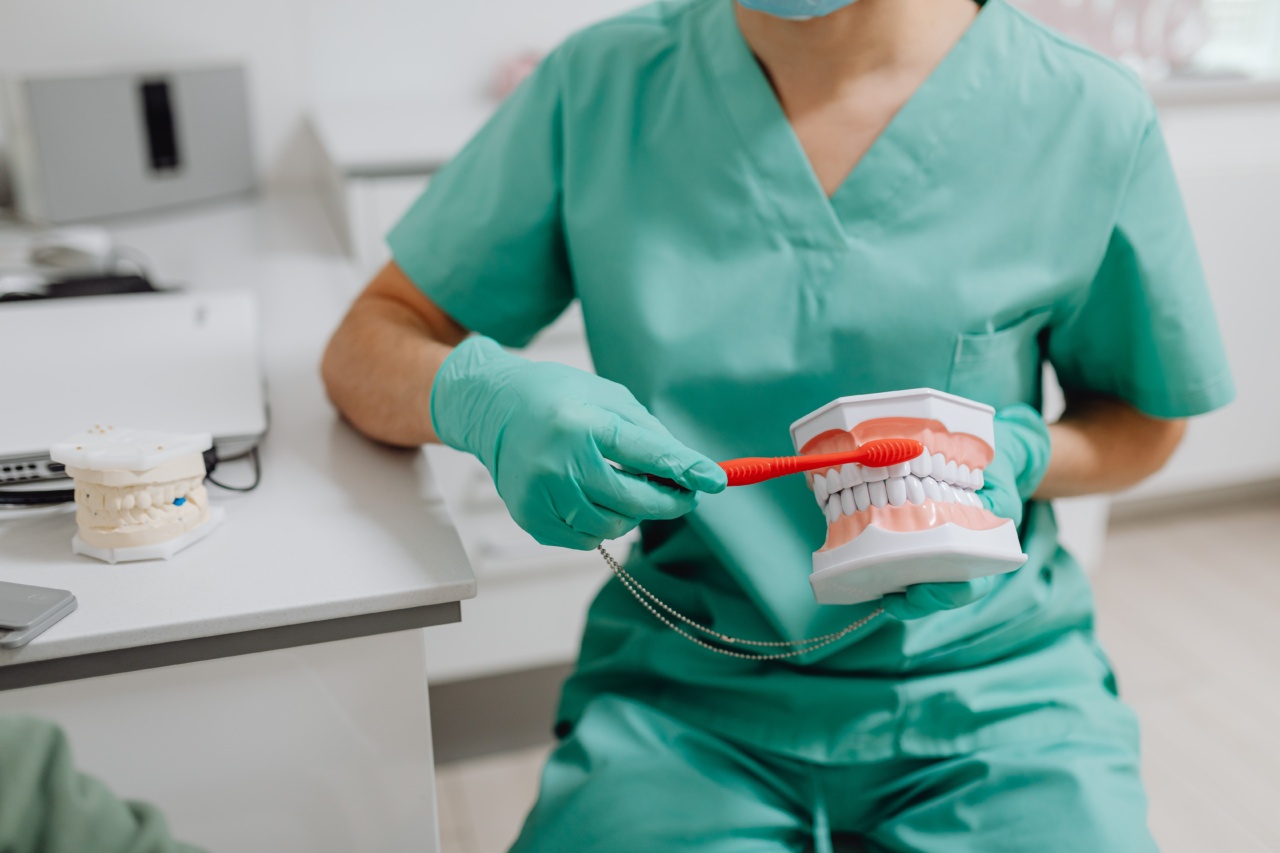Brushing our teeth is an essential part of maintaining good oral hygiene. We are often advised to brush our teeth after meals to remove food particles and avoid dental issues.
However, there has been some debate about the impact of brushing teeth immediately after eating on the health of our enamel. In this article, we will explore this topic in detail and determine whether brushing teeth after eating can damage enamel.
Understanding enamel
Before delving into the potential effects of brushing on enamel, let us first understand what enamel is. Enamel is the thin protective layer covering the outer surface of our teeth.
It is the hardest substance in the human body and plays a crucial role in safeguarding the underlying tooth structure from decay and damage.
Food and acidic substances
When we consume food and drinks, especially those with high acidity levels, our enamel can become temporarily softened. This is due to the acid attacking the enamel and weakening its structure.
Softened enamel is more susceptible to wear and tear, making it imperative to take precautions to protect it.
The role of saliva
Saliva acts as a natural defense mechanism for our teeth. It contains minerals that help to neutralize acid and remineralize the enamel. Saliva also helps to wash away food particles and dilute acids in the mouth.
However, it takes about 20-30 minutes for saliva to effectively neutralize acid and restore the natural balance in the mouth.
Timing is key
The timing of brushing after eating is an important factor to consider. Brushing immediately after consuming acidic foods or drinks can potentially damage the softened enamel.
This is because the bristles of the toothbrush, combined with the abrasive toothpaste, may act on the weakened enamel, leading to erosion and enamel loss.
Waiting period
To avoid any potential damage to the enamel, it is recommended to wait at least 30 minutes after eating before brushing your teeth. This allows enough time for the saliva to neutralize the acid and for the enamel to reharden.
During this waiting period, you may rinse your mouth with water to remove any food particles or residue.
Brushing technique
The way we brush our teeth also plays a vital role in protecting the enamel. It is essential to use a soft-bristled toothbrush and gentle circular motions. Avoid using excessive force or scrubbing vigorously, as this can lead to enamel abrasion.
Additionally, using a fluoride toothpaste can help in remineralizing the enamel and strengthening the teeth.
Alternative methods
If you are concerned about damaging your enamel, there are alternative methods you can consider. One option is to use an antibacterial mouthwash after meals.
This can help in reducing bacteria and plaque buildup, without the need for brushing immediately after eating. Another alternative is to chew sugar-free gum, as it stimulates saliva flow and helps in neutralizing acid.
Dietary considerations
In addition to proper oral hygiene practices, maintaining a healthy diet is crucial for preserving enamel health.
Limiting the consumption of acidic foods and drinks, such as citrus fruits, sodas, and sports drinks, can significantly reduce the risk of enamel erosion. It is also advisable to avoid sugary snacks and beverages, as they contribute to tooth decay.
Regular dental check-ups
Regardless of our brushing habits, regular dental check-ups are essential for maintaining oral health. Dentists can identify any signs of enamel erosion or other dental issues at an early stage and provide appropriate guidance and treatment.
Conclusion
Brushing our teeth after eating is a common practice, but it is important to be mindful of the potential effects on enamel health. Waiting for at least 30 minutes after consuming acidic foods or drinks can help protect the softened enamel.
Using a soft-bristled toothbrush, gentle brushing technique, and fluoride toothpaste also contribute to maintaining enamel integrity. Alternative methods, such as using mouthwash or chewing sugar-free gum, can be considered if brushing immediately after eating is a concern.
By combining proper oral hygiene practices with a healthy diet and regular dental check-ups, we can ensure the longevity and strength of our enamel.





























